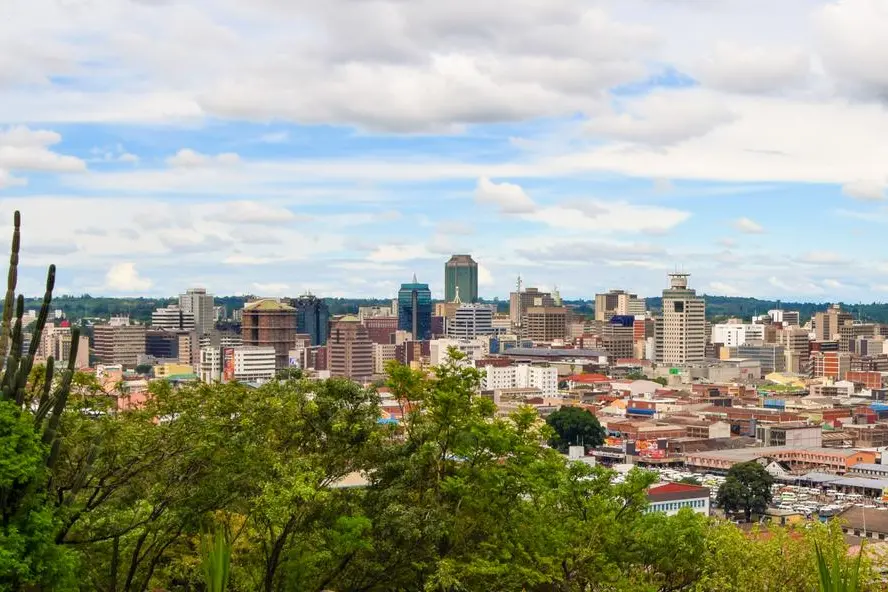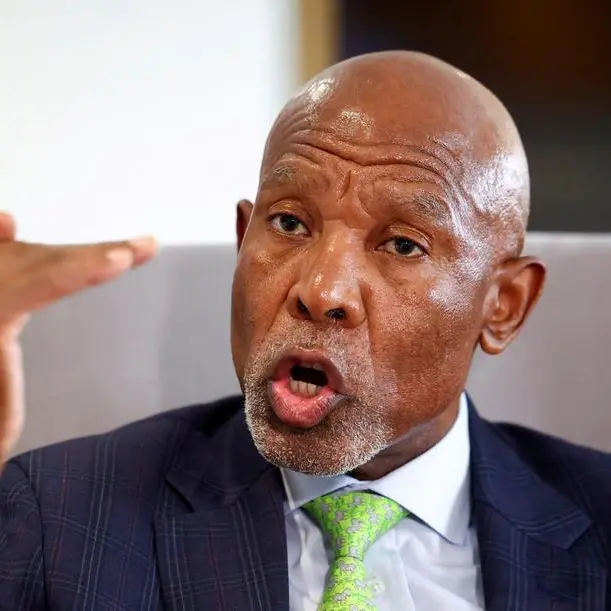PHOTO
At the heart of Zimbabwe’s political landscape lies a long and tumultuous history, marked by both periods of stability and upheaval. From the country’s independence in 1980 to the present day, the political landscape has been a constantly evolving terrain, shaped by the actions and interactions of various political actors, both domestic and international.
The political landscape in Zimbabwe remains complex and dynamic, shaped by ongoing challenges and power shifts.
Historical Background of Politics in Zimbabwe
To fully appreciate the current political developments in Zimbabwe, it is crucial to understand the historical context that has laid the foundation for the country’s political landscape. Zimbabwe’s journey from a British colony to an independent nation has been marked by significant political and social transformations.
The struggle for independence, led by the iconic figures of Robert Mugabe and Joshua Nkomo, paved the way for the establishment of Zimbabwe as a sovereign state in 1980. However, the post-independence era has been characterized by a complex power dynamic, with the ruling ZANU-PF party maintaining a dominant position in the political sphere.
Current Political Developments in Zimbabwe
In recent years, Zimbabwe has witnessed a series of significant political developments that have captured the attention of the global community. The transition of power from the long-ruling Robert Mugabe to Emmerson Mnangagwa in 2017 marked a pivotal moment in the country’s political history. This change in leadership has ushered in a new era, with Mnangagwa’s administration promising sweeping reforms and a renewed focus on economic development.
One of the key developments has been the emergence of the opposition party, the Movement for Democratic Change (MDC), as a formidable political force. The MDC has positioned itself as a viable alternative to the ruling ZANU-PF party, advocating for democratic reforms and addressing the pressing economic and social challenges facing the nation.
Key Political Players and Parties in Zimbabwe
The political landscape of Zimbabwe is dominated by a few key players and parties, each with their own agendas, strategies, and power dynamics.
- ZANU-PF (Zimbabwe African National Union – Patriotic Front): The ruling political party in Zimbabwe, ZANU-PF has maintained a stronghold on power since the country’s independence. Led by Emmerson Mnangagwa, the party has been accused of authoritarian tendencies and human rights abuses, but it continues to garner significant support from its core constituency.
- Movement for Democratic Change (MDC): The main opposition party in Zimbabwe, the MDC, has emerged as a significant force in the country’s political landscape. Led by Nelson Chamisa, the party has positioned itself as a champion of democratic reforms and a voice for the disenfranchised.
- Emmerson Mnangagwa: The current President of Zimbabwe, Emmerson Mnangagwa rose to power following the resignation of Robert Mugabe in 2017. Mnangagwa has pledged to revive the country’s economy and address the long-standing issues of corruption and human rights abuses.
- Nelson Chamisa: The leader of the MDC, Nelson Chamisa, has emerged as a prominent figure in Zimbabwean politics. Chamisa has been a vocal critic of the ruling ZANU-PF party and has advocated for a more inclusive and democratic political system.
Analysis of the Political Climate in Zimbabwe
The political climate in Zimbabwe is characterized by a complex interplay of various factors, including the ongoing power struggle between the ruling ZANU-PF party and the opposition MDC, the economic challenges facing the country, and the international community’s perception of the nation’s political developments.
On the one hand, the ZANU-PF party has maintained a firm grip on power, using a combination of political maneuvering, media control, and alleged human rights abuses to consolidate its position. The party’s dominance has been a source of concern for pro-democracy advocates and international observers, who have called for greater political freedoms and transparency.
On the other hand, the MDC has emerged as a formidable challenger to the ruling party, galvanizing support from those dissatisfied with the status quo. The party’s calls for democratic reforms, economic revitalization, and respect for human rights have resonated with a significant portion of the Zimbabwean population.
Challenges and Issues Facing the Political Landscape in Zimbabwe
The political landscape in Zimbabwe is beset by a myriad of challenges and issues that have impeded the country’s progress and stability. These challenges include:
- Economic Instability: Zimbabwe has long grappled with a crippling economic crisis, characterized by high inflation, unemployment, and a lack of foreign investment. This economic turmoil has fueled social unrest and undermined the government’s legitimacy.
- Corruption and Cronyism: Allegations of widespread corruption and cronyism within the political elite have eroded public trust in the government and exacerbated the country’s economic woes.
- Human Rights Abuses: The Zimbabwean government has been accused of human rights violations, including the suppression of political dissent, the use of excessive force against protesters, and the targeting of opposition leaders and activists.
- Electoral Integrity: The integrity of Zimbabwe’s electoral process has been called into question, with concerns raised about voter suppression, ballot tampering, and the uneven playing field between the ruling party and the opposition.
- Polarization and Political Divisions: The political landscape in Zimbabwe is deeply polarized, with a stark divide between the ruling ZANU-PF party and the opposition MDC. This polarization has hindered the country’s ability to forge a unified path forward.
Conclusion
As we have explored the intricate and ever-evolving political landscape of Zimbabwe, it is clear that the country stands at a critical juncture. The transition of power, the emergence of new political players, and the ongoing challenges facing the nation present both opportunities and risks for the future.
While the path ahead may be uncertain, it is crucial for all stakeholders – the government, the opposition, civil society, and the international community – to work collaboratively to address the pressing issues facing the country. By fostering inclusive dialogue, strengthening democratic institutions, and prioritizing the well-being of the Zimbabwean people, the nation can chart a course toward a more prosperous and stable future.
© Copyright The Zimbabwean. All rights reserved. Provided by SyndiGate Media Inc. (Syndigate.info).





















